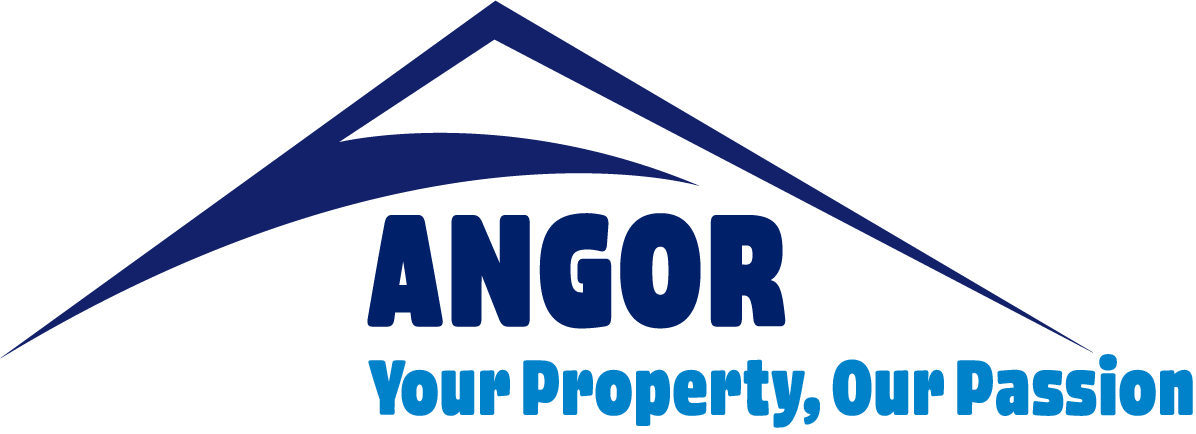Fiduciary Duties of Scheme Executives: Safeguarding Community Schemes in South Africa
In South Africa, community living through Sectional Title Schemes and Homeowners Associations (HOAs) is a cornerstone of modern property ownership, offering shared amenities and collective responsibility. Central to the success of these schemes are Scheme Executives (Trustees for Sectional Title Schemes and Directors for HOAs) who bear significant fiduciary duties to protect the interests of all owners. These duties require them to act with integrity, diligence, and impartiality, ensuring the scheme’s financial stability and operational harmony. For first-time property owners, experienced owners, portfolio investors, or Scheme Executives, understanding these fiduciary obligations is essential to maintaining trust and preserving the value of communal properties.
This article delves into the fiduciary duties of Scheme Executives, exploring their legal foundations, key responsibilities, and the challenges they face. Grounded in South African legislation, including the Sectional Titles Schemes Management Act (STSMA), the Community Schemes Ombud Service (CSOS) Act, and the Protection of Personal Information Act (POPIA), this guide provides clarity for all stakeholders in community schemes.
Understanding Fiduciary Duties
Fiduciary duties form the bedrock of a Scheme Executive’s role, imposing a legal and ethical obligation to act in the best interests of the scheme and its members. At its core, a fiduciary duty requires Trustees and Directors to prioritize the collective welfare of owners over personal interests, exercising good faith, honesty, and reasonable care in all decisions. This responsibility is critical in community schemes, where Executives manage substantial financial and operational matters that directly impact the value of owners’ investments.
Under Section 8 of the STSMA (Act 8 of 2011), Trustees of Sectional Title Schemes must act honestly and in good faith, with reasonable care and skill, and avoid conflicts of interest. For example, a Trustee must not use their position to secure personal financial benefits, such as directing scheme funds to a business they own without transparent disclosure and approval. Similarly, Directors of HOAs, particularly those registered as non-profit companies under the Companies Act (Act 71 of 2008), are bound by Section 76 to uphold comparable standards, ensuring decisions serve the association’s collective interests.
The concept of “duty of care” is integral to fiduciary duties. It mandates that Executives exercise the same level of diligence and skill that a reasonably prudent person would in managing their own affairs. This includes making informed decisions, seeking expert advice when necessary, and maintaining accurate records. For instance, when approving a budget, Trustees must carefully review financial projections to ensure levies are sufficient to cover maintenance without overburdening owners. Breaching this duty, such as through negligence or mismanagement, can erode owner trust and expose Executives to legal scrutiny.
Legal Framework Governing Fiduciary Duties
The fiduciary duties of Scheme Executives are enshrined in a robust legal framework designed to protect owners and ensure effective scheme management. These laws outline specific obligations and provide mechanisms for accountability:
- Sectional Titles Schemes Management Act (STSMA): The STSMA governs Sectional Title Schemes, establishing the body corporate as the entity responsible for managing common property and enforcing rules. Section 7 and 8 of the Act explicitly require Trustees to act in good faith, avoid conflicts of interest, and exercise reasonable care in managing the scheme’s finances, maintenance, and governance. For example, Trustees must ensure that levy funds are used solely for scheme purposes, such as repairing common areas or paying utility bills.
- Community Schemes Ombud Service (CSOS) Act: The CSOS Act (Act 9 of 2011) applies to all community schemes, including HOAs, and promotes transparency and dispute resolution. It mandates Scheme Executives to submit annual returns, financial statements, and governance documents to the CSOS, ensuring accountability. Non-compliance, such as failing to submit accurate financial reports, can result in penalties or disputes, underscoring the fiduciary duty to maintain transparent records.
- Protection of Personal Information Act (POPIA): POPIA (Act 4 of 2013) imposes strict requirements on handling personal information, such as owners’ contact details or financial records. Scheme Executives must ensure that data, like levy payment records, is stored securely and used only for legitimate purposes. A breach, such as sharing owner details without consent, violates fiduciary duties and can lead to legal consequences.
These laws collectively ensure that Scheme Executives uphold their fiduciary responsibilities, balancing operational efficiency with legal compliance.
Key Responsibilities Tied to Fiduciary Duties
Fiduciary duties manifest in the practical responsibilities of Scheme Executives, which directly impact the scheme’s functionality and value. These responsibilities include:
- Financial Management: Scheme Executives must manage the scheme’s finances diligently, ensuring levies are collected, creditors are paid with proper approvals, and budgets are prepared accurately. This includes issuing clear levy statements to owners and maintaining transparent financial records.
- Maintenance and Repairs: Scheme Executives are responsible for preserving the common property, such as repairing shared facilities or addressing structural issues. This requires obtaining competitive quotations and ensuring repairs align with the scheme’s budget and legal obligations. Neglecting maintenance, such as ignoring a leaking roof, could devalue the property and breach fiduciary duties.
- Decision-Making: Fiduciary duties require Scheme Executives to make decisions in the scheme’s best interests, following the correct resolution processes. Ordinary resolutions (requiring a simple majority) cover routine matters like approving budgets, while special or unanimous resolutions are needed for significant changes, such as amending conduct rules. Scheme Executives must ensure decisions are informed, transparent, and compliant with the STSM Act for Bodies for Corporate or the Memorandum of Incorporation / Constitution for HOAs.
- Governance and Compliance: Scheme Executives must enforce scheme rules fairly and submit required documentation to the CSOS, such as annual returns. They also schedule meetings, like Annual General Meetings (AGMs), and circulate notices to owners, ensuring compliance with legal notice periods. These tasks reflect the fiduciary duty to act transparently and accountably.
Challenges and Risks of Fiduciary Duties
Fulfilling fiduciary duties is not without challenges, as Scheme Executives often face complex situations that test their judgment and impartiality. Common challenges include:
- Conflicts of Interest: Scheme Executives must avoid situations where personal interests conflict with the scheme’s interests. For example, a Trustee/Director who owns a maintenance company must disclose this interest and recuse themselves from decisions about awarding contracts to their business. Failure to do so breaches fiduciary duties and can lead to disputes or legal action.
- Personal Liability Risks: While rare, Scheme Executives can face personal liability if they act negligently or breach their fiduciary duties. For instance, grossly mismanaging scheme funds or ignoring legal obligations could expose Scheme Executives to lawsuits from owners. The Companies Act and STSM Act provide some protections, but Scheme Executives must act prudently to avoid such risks.
- Owner Disputes: Disgruntled owners may challenge Scheme Executive decisions, particularly if they perceive unfair rule enforcement or financial mismanagement. The CSOS offers a dispute resolution mechanism, but Scheme Executives must ensure their decisions are transparent and well-documented to withstand scrutiny.
- Time and Expertise Constraints: Many Scheme Executives are volunteers with limited time or expertise in property management. Navigating complex legal requirements, such as POPIA compliance or CSOS reporting, can be daunting. Seeking professional advice and maintaining accurate records are critical to fulfilling fiduciary duties.
Trustee/Director Guidance: If you’re a Scheme Executive, staying informed about legal obligations and documenting decisions thoroughly can help you navigate these challenges while upholding your fiduciary responsibilities.
Conclusion and Call-to-Action
The fiduciary duties of Scheme Executives are both a responsibility and an opportunity to ensure the success of South African community schemes. By acting with integrity, care, and diligence, Trustees and Directors protect owners’ investments and foster harmonious living environments. The STSMA, CSOS Act, and POPIA provide a clear framework for these duties, guiding Executives in financial management, maintenance, and governance. Despite challenges like conflicts of interest or owner disputes, Scheme Executives can uphold their obligations by making informed, transparent decisions.
Whether you’re a first-time owner, an investor, or a Scheme Executive, understanding fiduciary duties empowers you to contribute to a well-managed scheme. For professional support in navigating these responsibilities, seek guidance from experienced Managing Agents to ensure compliance and efficiency. Explore resources on community scheme governance or contact a property management expert to learn more.

